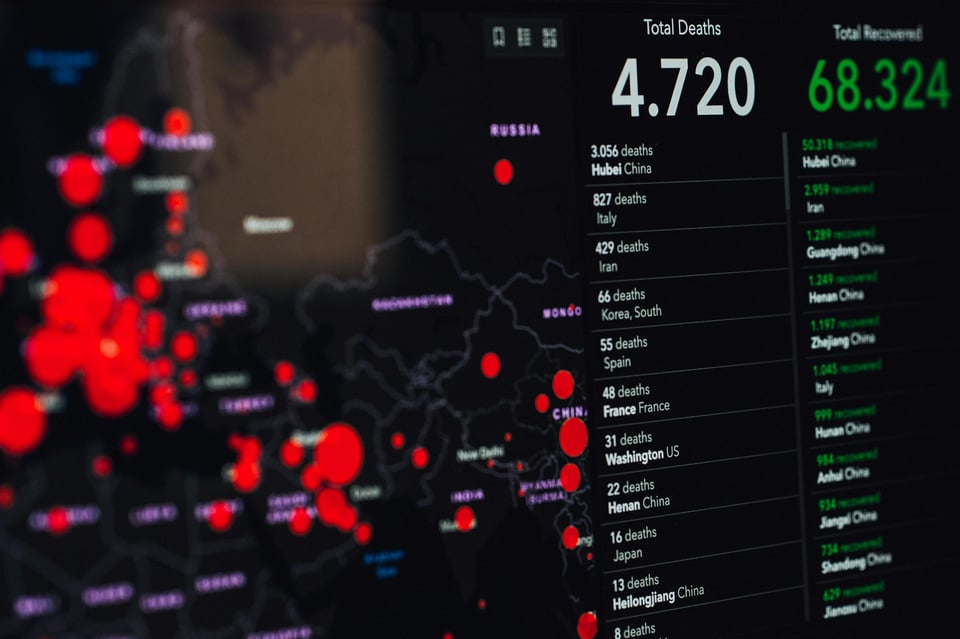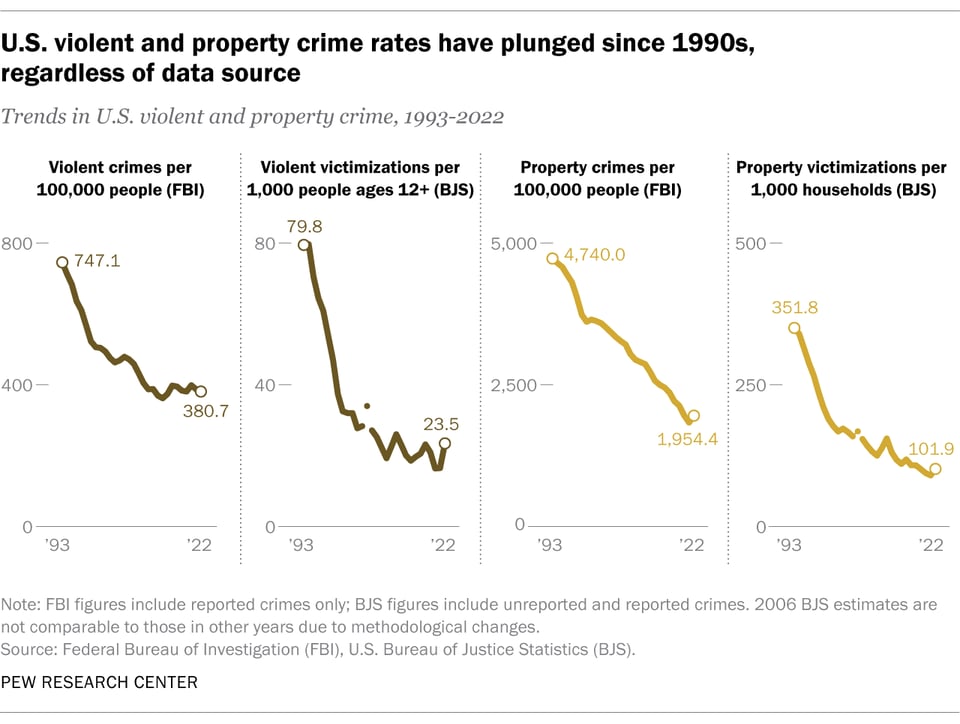Are We Allergic to Data?

Pardon me in advance for the brevity of today's newsletter. I opened last week by wishing my mother a happy 84th. On the eighteenth, I'll be celebrating my own 45th trip around the sun. We have some plans this afternoon that fall into the normal window in which I write the newsletter. But I have a few things on which I want to opine.
Thursday was back to school night.
We have a fairly traditional back to school program. After a welcome from admin in the auditorium, parents rotate through their child’s schedule in ten minute intervals and get quick rundowns on each course from the teachers. They’re basically sizing us up. They want to make sure their kid doesn't have a chump. This is my sixth year at the school (dang, time flies) and at this point I'm a known commodity. I am the guy that teaches the polisci courses and helps the grade nine kids get their act together.
I've written in prior editions of the newsletter about how my colleague, Ms. Dolan, and I built a new World History course. At back to school night, I explained our motivations for designing the course the way we did. I explained our case study approach to history, how we deemphasize dates and the “great men” and lean into the trade & exchange between regions and historical connectivity of it all. I talked specifically to parents about the skills-based nature of the course and my belief that in the big scheme of things, kids aren't going to remember everything I want them to about the Mongols or Ottoman empire. But they are likely to remember what I teach them about evaluating the veracity of sources, structuring an argument, having a curious intellectual disposition, and my passion of the moment: data literacy.
Maybe it's the election. Maybe it's the nature of the course that we've built. Maybe it’s recently sitting at a table of grown adults and realizing they couldn’t interpret an Excel sheet. I don’t know what it is but data literacy… no, data illiteracy… has been front of mind over the last several weeks.
The central question at the core of US presidential elections is “are you better off now than you were four years ago?” Reagan notably buried Jimmy Carter with this question in a debate. For most Americans, the answer to this question is “yes, demonstrably and measurably.” But if you look at opinion polling and listen to the discourse, you’d believe we’re in the midst of a deep recession and a crime wave. CNBC reported in August that a majority of respondents believe the US is currently in a recession and has been in one for over a year:
59% of Americans falsely believe that the U.S. is currently in a recession, according to a recent survey of 2,000 adults by Affirm in June. Citing higher costs and difficulty making ends meet, most respondents said they think a recession started roughly 15 months ago, in March 2023, and could last until July 2025.
The definition of a recession is two consecutive quarters of negative economic growth. The US is not in a recession. On the contrary, GDP has been on an upward trend since the third quarter of 2022.
I’ve also seen people complain about the market being down, when the S&P 500 is up 26% on the year and 87% since January 2021.
It’s the same story with crime.
When polled, Americans consistently believe that crime is up year-to-year. Politicians run campaigns on the fear of crime, the Willie Horton ads (see above) being the most famous example.
In April, Pew published a piece about American misconceptions about crime, like with the economy the majority of the respondents are dead wrong on the data:
In 23 of 27 Gallup surveys conducted since 1993, at least 60% of U.S. adults have said there is more crime nationally than there was the year before, despite the downward trend in crime rates during most of that period.
While perceptions of rising crime at the national level are common, fewer Americans believe crime is up in their own communities. In every Gallup crime survey since the 1990s, Americans have been much less likely to say crime is up in their area than to say the same about crime nationally.
Here’s the actual data on crime from 1993 to 2022, again from Pew.

Thus, the collective perceptions of the country on two of the most pivotal electoral issues are diametrically opposed to the available data. Look, I understand that politics isn’t rational and that elections are often about vibes, but damn. We aren’t talking about last minute swings in the data, we’re talking about eight straight quarters of economic growth and a multi-decade reduction in crime—none of which seems to get through to people.
There’s a longer and parallel critique of the role of commercial media and social media in all of this but that will have to wait until another time.
—
Every year around my birthday I post my wish list from LibroFM. Libro is a competitor to Amazon's Audible that I’ve used for several years. If you want to buy a brother a book, hit the Wish List.
Lastly, on Monday's episode of the podcast will have a conversation with organizers from Tacoma 4 All. After successfully passing a Tenants Bill of Rights, they are set to take on protections for workers in the city, pushing an initiative to raise the minimum wage and get rid of abusive scheduling by employers.
I invite you to give it a listen. It'll be on this feed.
See you next week.